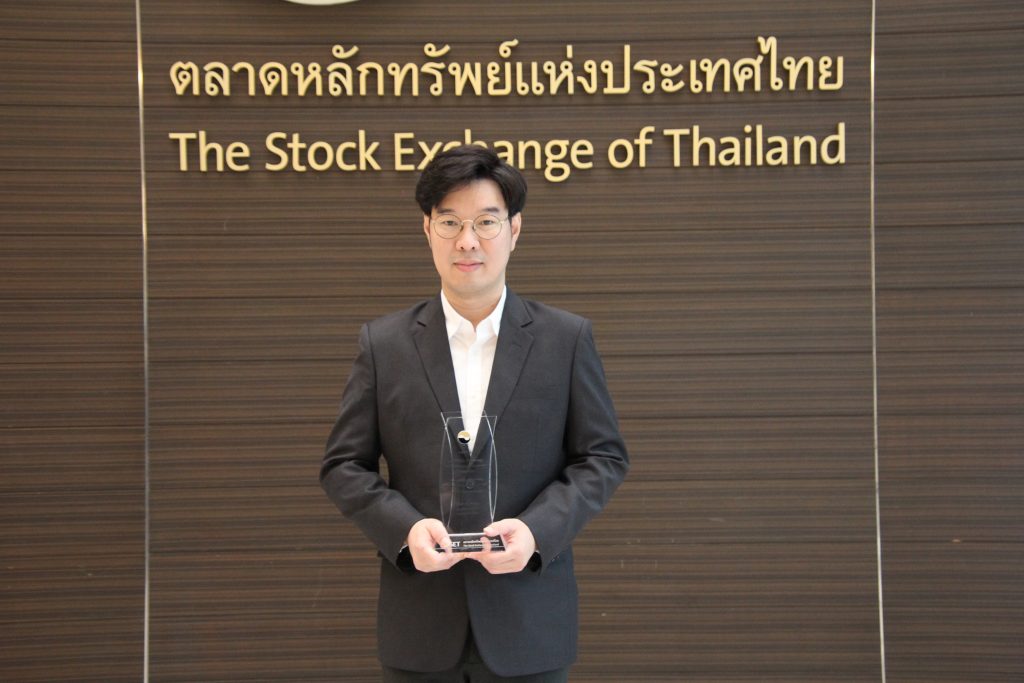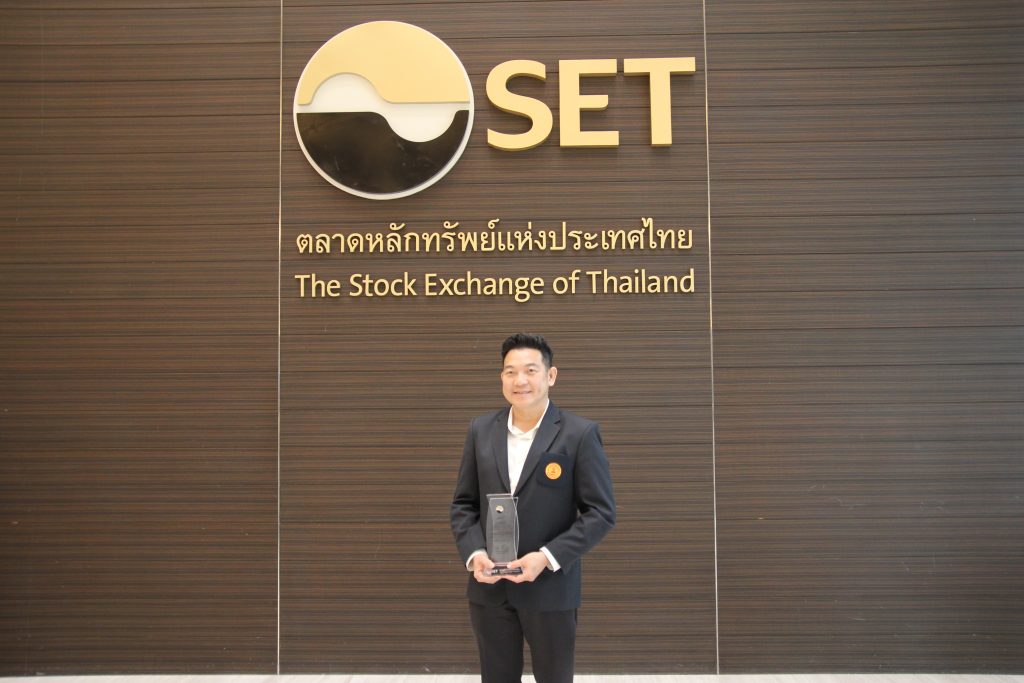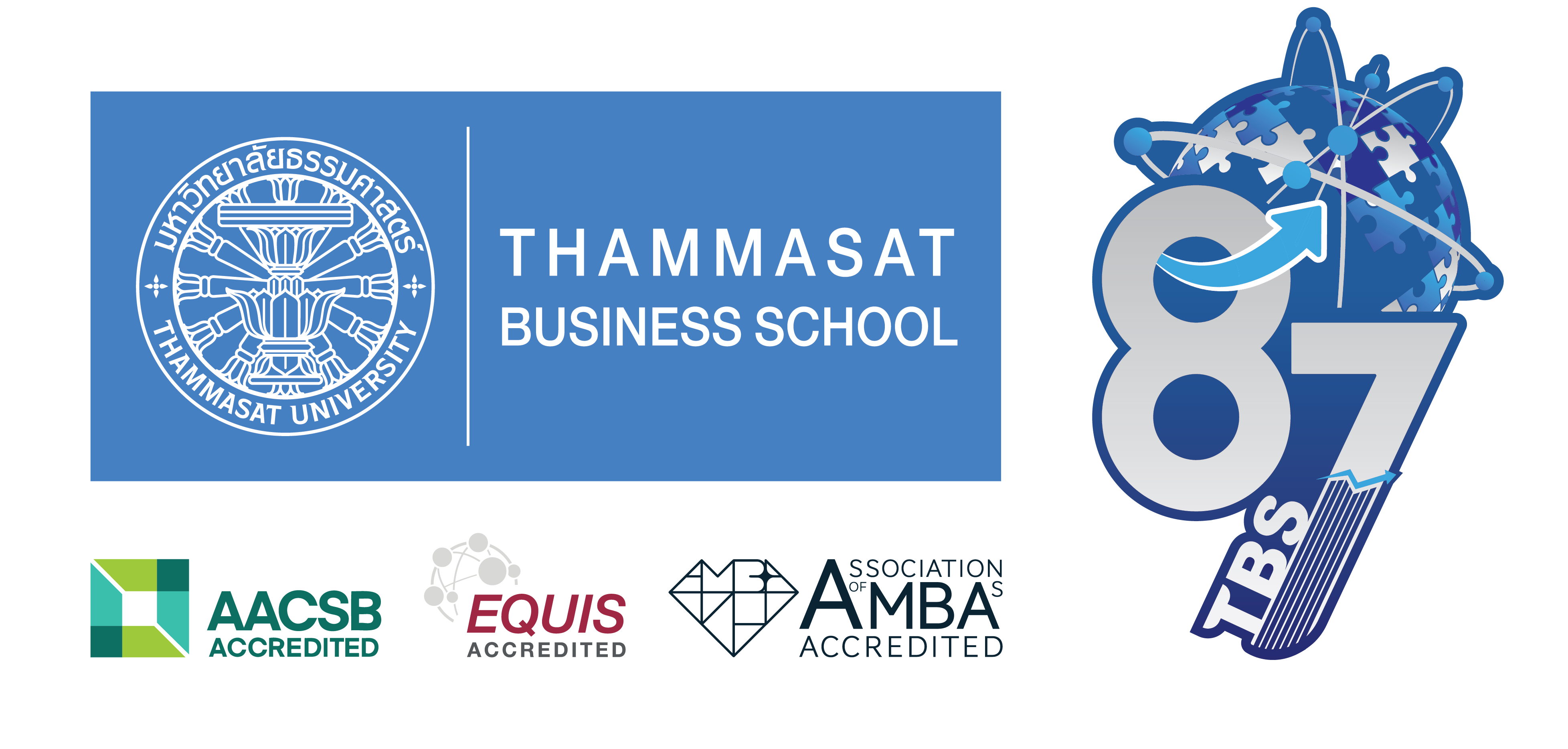
Today, we have the world at our fingertips. But countless Thai companies, some already successful domestically, have not yet been able to enter international markets. Listing on the Stock Exchange of Thailand (SET) is an option. The main objective is to raise capital, of course. However, the opportunity to sell shares to foreigners and reinforce the brand in the global market may still be limited.
Legal or financial advisors often suggest a solution by offering a way to split shares off into overseas registrations, usually in the form of an offshore trading company. As a result, a company can:
- sell shares to both Thais and foreigners without following the rules of the Thai or foreign markets because the company will hold the status of a foreign juristic person.
- gain tax benefits when selling shares and earnings.
However, this has led to the phenomenon of so-called ‘hidden ownerships,’ in which the identity of the owner is unclear. This can affect investor confidence as they are always questioning the structure of major shareholdings. Suspicions about the ownership structure of any listed company on the SET may also affect the company’s corporate governance as the majority shareholders can determine the direction of the organization based on undeclared personal interests.
Publicly available information allows us to know the identity of the majority shareholder, but it’s impossible to know how many hidden shares are held. Unlike in some countries, such as Singapore, where there are laws governing such issues, there is currently no tool to investigate hidden shareholdings in Thailand.


Prof. Dr. Arnat Leemakdej, a TBS-based research advisor added that the issue of transferring shares to open an offshore trading company, which causes ‘Hidden Ownership’, has been around for quite some time. It was created, not as an act of bad intent to hide anything, but rather to facilitate transactions, for which Thai law has opened a niche. Let us not say whether it is good or bad, but call it a common business custom.
However, the lack of disclosure of nominees certainly confuses the corporate picture. For example, if a company is poorly managed, with the major shareholder holding 30% of the shares, and then people in the company want to take over, they try to put together more than 30%, but it turns out that when they vote, the big shareholder has a hidden stake in another offshore trading company, which causes the vote to fail, squandering the interests of the minority shareholders. Therefore, figuring out how to figure out the real shareholdings is extremely important!
“The cool thing about the research is that we set up a practical problem and we’re offering a relatively new way of thinking; no one has done it before. People will argue because this is a pretty risky subject. Imagine if I had hidden my shares, but I had a professor and a research student tell me that they knew all about it. If you don’t have strong enough evidence to nail them, then it can become a big deal.
“There has never been any research, in Thailand or abroad, that has been able to reveal where major shareholders are hiding their shares. This research is therefore the first study in the world to find a way to measure Hidden Ownerships,” added Prof. Dr. Arnat.
Date: 6 กันยายน 2565









